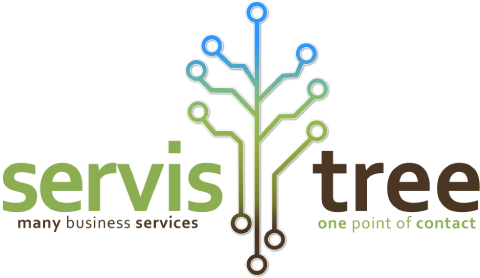By using our website, you agree to the use of cookies as described in our Cookie Policy
How to Handle Payment Disputes Effectively
Payment disputes are a common challenge for businesses of all sizes. Handling these issues effectively is crucial for maintaining customer relationships, protecting revenue, and ensuring smooth operations. Navigating the complexities of payment disputes and developing strategies to resolve them efficiently can significantly impact a business's financial health and customer satisfaction.

Understanding Payment Disputes
Payment disputes, also known as chargebacks, occur when a customer questions a charge on their account. These can happen for various reasons:
- Fraudulent transactions
- Billing errors
- Product or service dissatisfaction
- Unrecognized charges
Key Steps in Handling Payment Disputes
1. Prompt Response
Respond to disputes quickly. Most payment processors have strict timelines for dispute resolution. Failing to respond in time often results in an automatic loss for the merchant.
2. Gather Evidence
Collect all relevant information related to the transaction, including:
- Transaction records
- Delivery confirmations
- Customer communications
- Product or service descriptions
3. Analyze the Dispute Reason
Understanding why the customer initiated the dispute helps you prepare an appropriate response. Different reasons require different approaches.
4. Prepare a Compelling Response
Create a clear, concise rebuttal that addresses the specific reason for the dispute. Include all relevant evidence to support your case.
5. Submit Your Response
File your response through the appropriate channels, typically your payment processor's dispute resolution system.
Strategies for Effective Dispute Management
To minimize disputes and improve your resolution rate:
- Use clear billing descriptors to help customers recognize charges
- Implement strong fraud prevention measures
- Provide excellent customer service to address issues before they escalate to disputes
- Keep detailed records of all transactions and customer interactions
- Train your staff on proper dispute handling procedures
Industry-Specific Considerations
E-commerce
Focus on clear product descriptions, shipping information, and return policies. Use delivery tracking to prove order fulfillment.
Subscription Services
Clearly communicate billing cycles and cancellation policies. Send reminders before renewals to reduce "forgotten subscription" disputes.
Travel and Hospitality
Provide detailed itineraries and clear cancellation policies. Keep records of any changes or special requests made by customers.
Benefits of Effective Dispute Management
A well-managed dispute resolution process can:
- Protect your revenue
- Maintain positive customer relationships
- Reduce operational costs associated with disputes
- Improve your standing with payment processors
- Provide insights for business improvement
Staying Current with Dispute Management Trends
The landscape of payment disputes is constantly evolving. Stay informed about:
- Changes in card network dispute policies
- New technologies for fraud prevention and dispute management
- Emerging dispute trends in your industry
- Updates to consumer protection laws
ServisTree's payment solutions experts can help you develop and implement effective strategies for handling payment disputes. With extensive experience across various industries, ServisTree offers tailored solutions to minimize disputes and maximize resolution success. Contact ServisTree today at 866-944-3244 to learn how we can help you optimize your dispute management process and protect your business.
‹ Back




